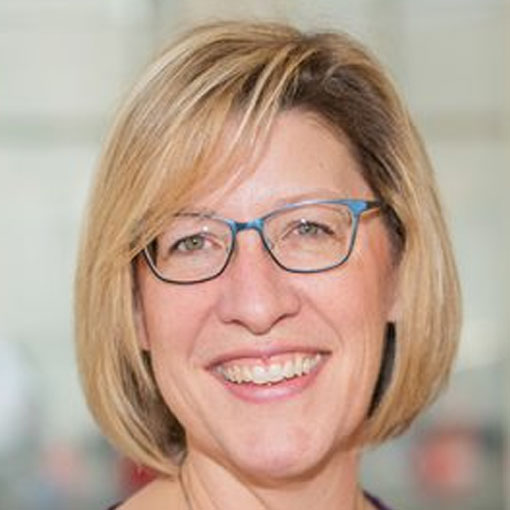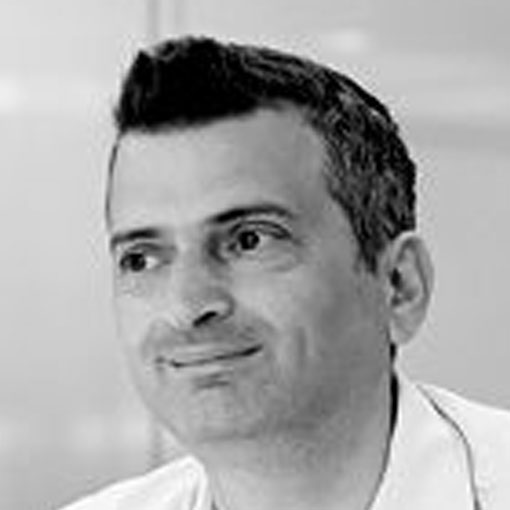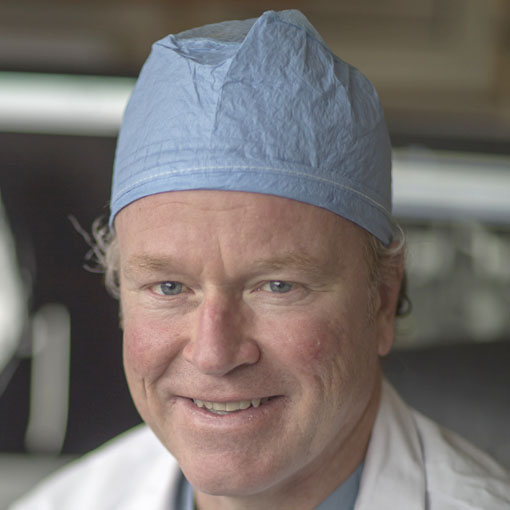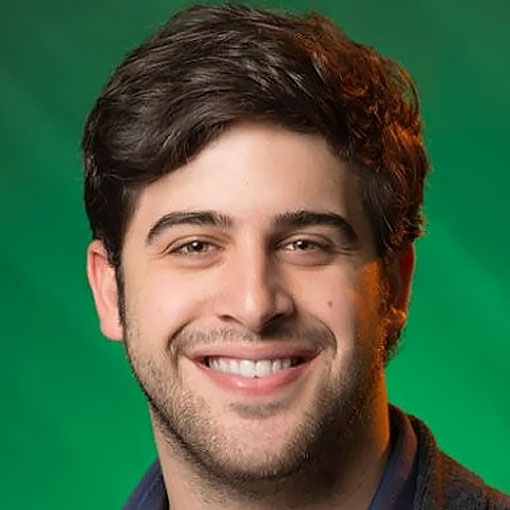Reengineering CAR-T for solid tumors
CAR-Ts revolutionized the way blood cancers can be treated, but still haven’t really caught on in the market as physicians and patients consider vein-to-vein times, cost and manufacturing snafus. Now a large group of scientists are leading a well-funded drive to adapt this technology for solid tumors, while making the whole process much more economical for patients and payers. The winners will help revolutionize the field. And the race to be first has inspired a furious sprint to the finish line.







